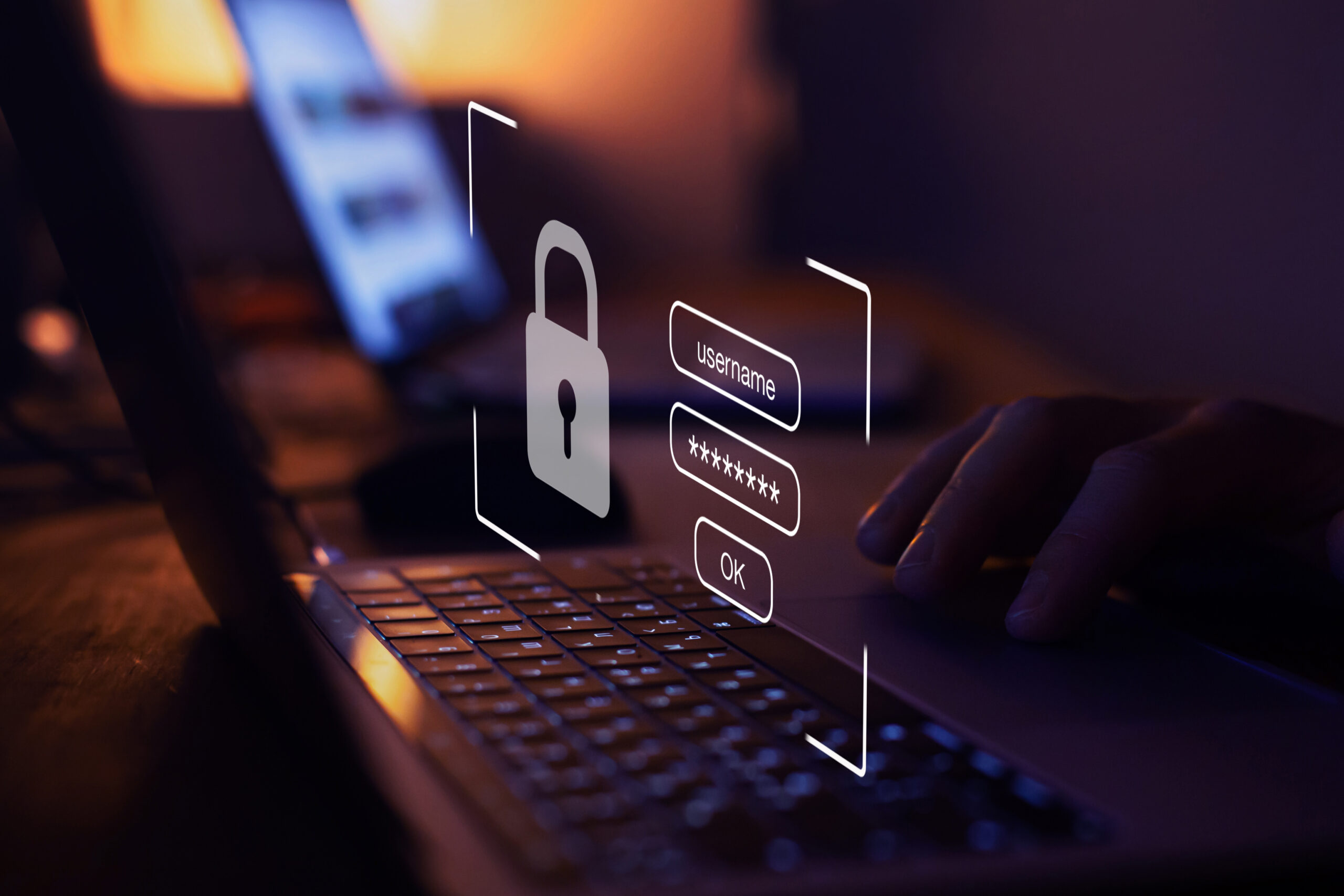Cybersecurity breaches and attacks have been increasing at an alarming rate. Even amidst the rising statistics on cybersecurity issues, many business owners think it can’t happen to them. But you know the old saying: forewarned is forearmed. In this blog, we’ll explore essential practices to protect your sensitive data and systems from cyber threats.
Understanding the cybersecurity landscape and implementing robust security measures are vital to protecting your business. There are several types of cyber threats that affect businesses — both small and large — such as phishing attacks, ransomware, data breaches, and malware. Cyber threats can affect you and your customers, leading to loss of data, customer trust, and financial stability.
It may not offer much consolation, but most cybersecurity issues result from human error or a system glitch and not malicious intent. Still, once the information is out there, it can affect you negatively. So, here are eight ways you can put on the armor and protect your business from possible cyber threats.

Eight Ways to Protect Your Business from Possible Cyber Threats
#1 Secure Your Network
Your network should be protected by a firewall to block unauthorized access and encrypt sensitive data transmitted across networks. Ensure that your Wi-Fi network is secure, hidden, and encrypted. You may also consider using a VPN – Virtual Private Network — for secure remote access.
#2 Regularly Update and Patch Systems
Many people delay or hit the snooze alarm on keeping systems updated. That’s not a good idea, as regular updates and patches don’t just offer software bells and whistles; they also help close security vulnerabilities that could be exploited by cybercriminals. Automate your updates where possible to ensure you don’t miss critical patches.
#3 Backup Your Data
Backing up your data is a great reminder even if not related to cybersecurity. Have a scheduled plan to back up your data in multiple, secure locations. This ensures that you can restore your information quickly and minimize disruption to your business operations whether that’s due to a cybersecurity issue or another reason.
#4 Implement Strong Password Policies
One of the most common ways cybercriminals access personal information is through email password hacking. But it’s more than emails. Nearly everything requires a password to access these days. Beyond having a strong, complex password you create for email and any online accounts, consider using a password manager to generate and store your passwords securely. You can also enable multi-factor authentication (MFA) where you must provide a code or other form of identification to enhance security.
#5 Limit User Access and Privileges
As an employer, you can determine and grant access to sensitive information only to employees who need it to perform their duties. Limiting the number of people with access to areas of your digital environment minimizes the risk of internal threats and accidents.
#6 Use Monitoring Programs
Consider installing or subscribing to monitoring programs. Just as various companies like ProtectMyID offer identity protection services to individuals, some companies specialize in helping businesses with credit monitoring, identity theft and fraud protection, and other security issues. You can also consider installing antivirus and anti-malware software on your computers for another layer of protection.
#7 Collaborate with Cybersecurity Experts
Did you know that many large corporations hire professional cybersecurity experts to attempt to breach their systems and report on areas of weakness that need bolstering? There are dozens of reputable companies tailored to small- and medium-sized businesses that offer a vulnerability assessment to better understand how well you are protected and provide expert advice and solutions tailored to your specific needs. Having a response plan will give you peace of mind and ensure you are prepared to act swiftly in the event of a security breach.
#8 Educate and Train Employees
Last, but not least, educate and train your employees about cybersecurity risks. As employees often serve as a front line to your company, the more aware they are of potential issues and cybersecurity best practices, the better prepared they are to help you defend the fort. Cybersecurity is as much about people as it is about technology. Providing regular training to your employees, including things like phishing simulations, can prepare them to recognize and respond appropriately to fraudulent attempts.
Cybersecurity is essential in today’s digital age. By adopting these practices, you can significantly enhance the security of your data and systems, protect your business from cyber threats, and maintain the trust of your customers.

Thanks for reading our blog. Remember, we believe you can have a flexible life plan to achieve more of what you love: more financial confidence, more for your family, more freedom, and more choices.
Chris Zeches is a Certified Financial Planner® and Managing Partner at Zeches Wealth Management. Zeches Wealth Management has one singular focus: To use our financial planning and tax expertise to help multi-generational families and business owners achieve more of what they love.
![]()
Have A Question?
If you have questions that are specific to your family’s situation, feel free to contact us and we will do what we can to help.